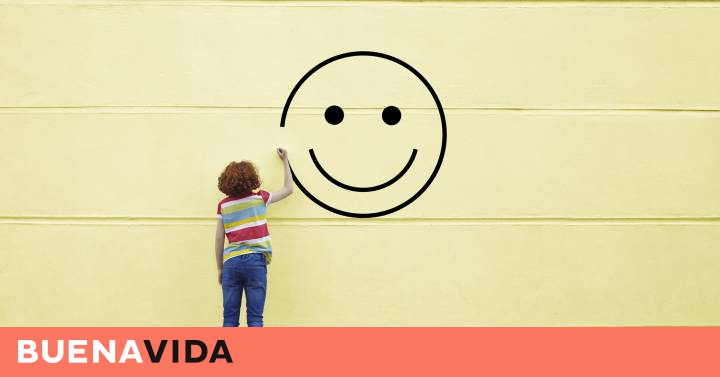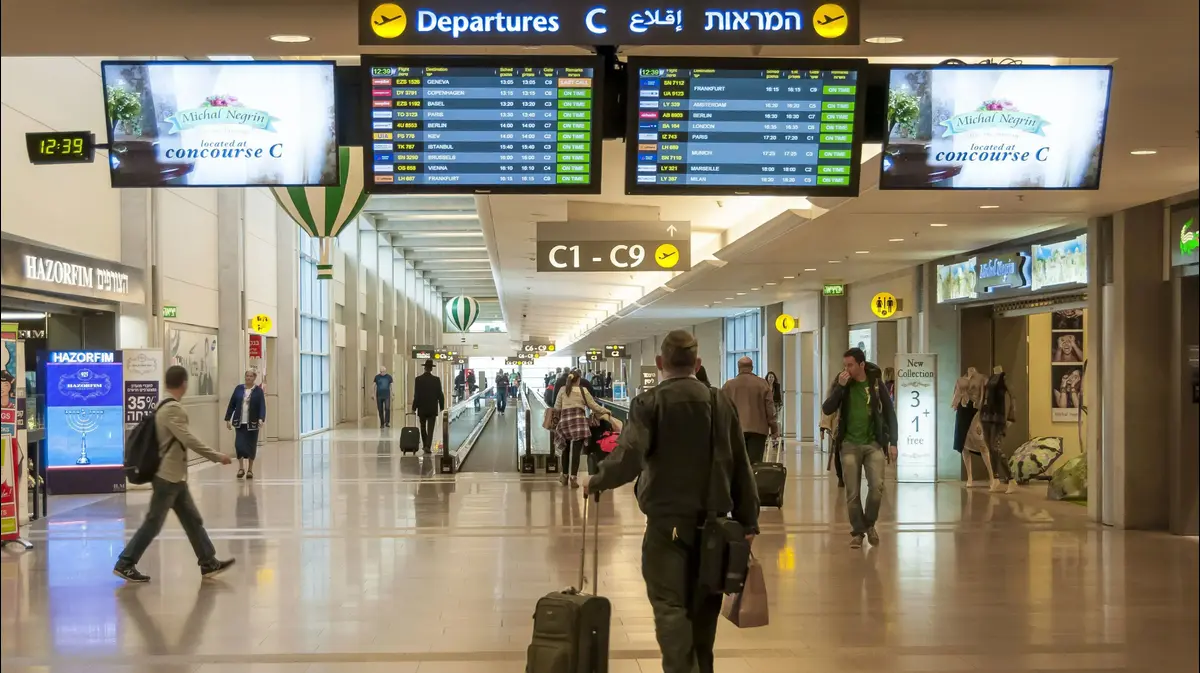Is it impolite to thank the waiter? The question is launched by a user of Forocoches, you know, the most elementary vademecum of any current topic. The answers cascade. "I don't understand the custom. You're supposed to be doing your job. Don't you charge for it?" Replies one. "When you have the same person serving you for several hours, it could even be annoying," says another. A third tells how they called attention to reiterate their gratitude to the waiter during a wedding. It is clear that there are times when it is best to swallow thanks, but how are these situations distinguished?
Do not suffer if you are one of those who ask for everything please and thank you even when they pass an invoice. Moreover, according to the conclusions of some scientists who have dared to study this polite custom, you should be grateful. Their studies conclude that thanking is almost therapeutic: it improves the quality of sleep and strengthens our personal and romantic relationships, for example. But you don't have to go over. You don't need a scientific investigation to know that there are people who find this custom loaded. This act may turn against you. If they don't tell you in the face, you can read it on the internet, on websites like Frikimalismo when it deals with "Twitter racket and all that cloying protocol of thanks, welcome and good wishes." There it is said that "what stops being human and makes us automatons of unbridled gratitude is to thank each retweeting or each follower when you have a considerable volume of interaction."
But where is the measure? The psychologist José Elías marks a frontier in his Practical Guide to Laughter Therapy. The limit is very clear to him: you don't have to say thank you when it implies a payment, a reward or an agreement of some kind, he says. His colleague Elena Miró, a professor at the University of Granada, dives a little deeper. For her, we must internalize the differences between feeling gratitude and thanking. "Gratitude implies a general disposition to notice and appreciate the positive aspects of life. It is not only the feeling that emerges when we receive help from someone, or does us a favor (that is conditional gratitude), but it implies a way of being in the life in which one feels grateful without anything special happening, grateful for everything and nothing at once. " It is gratitude that benefits both those who express it and those who receive it, and what helps strengthen our relationships, even to improve them when they do not go through their best moments, Miró clarifies.
The importance of clarifying why they occur
Imagine that a greedy person offers a ticket to a homeless person. Should I thank you? Does doing so mean that it approves its greed and validates an entire unfair system or, on the contrary, would it serve to drive more generosity into it? "I think it simply amounts to 'thank you for giving me that ticket," Miró replies. The example perfectly illustrates why it is very useful, if we see that it can generate confusion, it is good to specify why we thank. "If we think of the laws of the psychology of learning that govern the control of behaviors, that thanks can be a positive reinforcement to the behavior of having given money, which means that it will tend to increase generous behavior in the future ”.
Of course, you have to be careful what behaviors are reinforced. A report recently published in the journal Personality and Social Psychology Bulletin suggests that gratitude in a relationship of unequal power contributes to solidify hierarchies, and that undermines the possibility of protesting those who are in unequal conditions. Its authors, Inna Ksenofontov and Julia Becker, from the University of Osnabrück (Germany), devised several laboratory scenarios in which a privileged group, computer simulated, behaved reprehensibly with people in less advantageous situations. The final conclusion was that participants grateful for dubious benefits were less likely to complain or challenge injustice.
Scientists understand that the protest could be too expensive or dangerous for the oppressed, and they recognize that this gesture of courtesy should not be neglected (that goes for the education of children). But don't expect to be thanked if you sign up for a social canteen.
"The study is interesting," Miró says, "but it is the only one that exists and a part of the substudies that it includes have been carried out by students and in simulated laboratory situations. This is a complex issue, full of nuances and that must be investigated." much more before having firm and definitive conclusions. Personally I do not think that thanking, when it is adequate and genuine, serves to increase inequality or relations of domination. " What Miró does not say, but the protocol does dictate, is that "you don't have to thank the barman every time a dish is served," blogger Paty Felix writes in his particular label and hotel manual. In case you were still raging against the unfortunate of Forocoches.
You can follow Buenavida on Facebook, Twitter, Instagram or subscribe here to the Newsletter.




/cloudfront-eu-central-1.images.arcpublishing.com/prisa/BCB6MJLFNJFHTOKKFRCSCPHTFQ.jpg)
/cloudfront-eu-central-1.images.arcpublishing.com/prisa/A7ILNOIJXVADBCVPS2M35FWQSI.jpg)
/cloudfront-eu-central-1.images.arcpublishing.com/prisa/FW7NJCQJEZGO7EDIX2SUNDAUH4.jpg)
